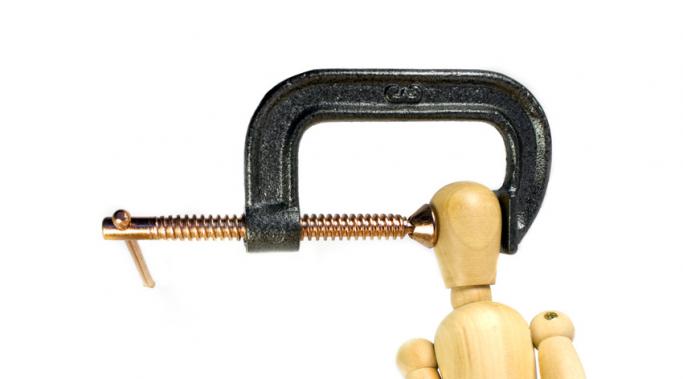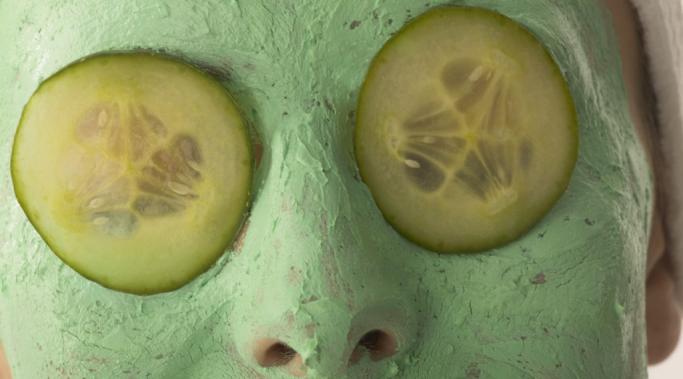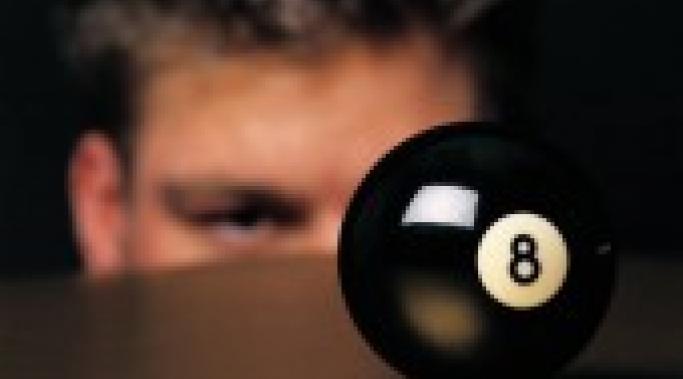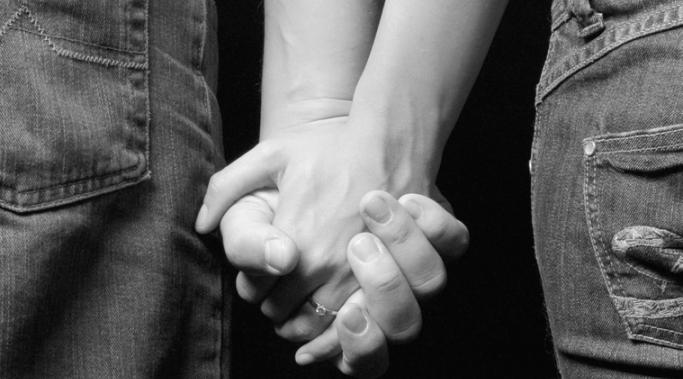On Monday, I wrote about the Faces of Mental Illness campaign run by the Canadian Alliance on Mental Illness and Mental Health. This campaign is part of the Mental Illness Awareness Week which is this week in Canada (next week in the U.S.).
I like this campaign, and what’s more, given by the number of people who have read and shared the article, you like it too. People like hearing from other real people who have faced real mental illnesses and come out the other side to create whole and satisfying lives for themselves. And there’s absolutely nothing wrong with that. People find it helpful and hopeful and inspiring.
But the campaign leaves out a huge segment of the mentally ill population. Where is the celebration of those who fight every day to beat their mental illness but don’t become published authors or start a non-profit?
Desire For Remission
This week is Mental Illness Awareness Week in Canada. (Mental Illness Awareness Week in the U.S. starts next week. Why the two countries couldn’t get together on this I’ll never know.) And in honour of this week, I thought I would feature the Mental Illness Awareness Week’s campaign – the Faces of Mental Illness.
The Faces of Mental Illness Focuses on real people with real mental illnesses who have faced the worst and still found recovery. If you’re looking for some hope, these are the people who will give it to you.
Treatment for bipolar can be a beast. You try medication after medication after therapy after cocktail after doctor and so on. It’s exhausting.
And at some point you stop. You just stop. Maybe some of your symptoms are controlled but not others. Maybe your symptoms are only partially controlled. Maybe you’re just too tired to fill another prescription. I understand, really. And this stopping can persist for weeks, months or even years.
But the thing is, if you change nothing, then nothing will ever change.
Hi. My name is Natasha and I have bipolar disorder. In fact, I have had bipolar disorder for at least 14 years. And many of those years I spent not really getting better.
Much to the chagrin of the doctors and those around me. After all, if I was taking pills, seeing a psychiatrist and psychologist, shouldn’t my wellness be just around the corner?
Sometimes I felt pressured to just say “yes, I’m feeling better,” when that wasn’t the truth of the matter at all.
I have been seeing a psychiatrist for about 14 years now. There have been many different individuals, but I’ve been seeing one or another for most of that time.
And in all of that time I’ve noticed something – I get anxious before a psychiatric appointment. Even though I’ve been doing this seemingly forever, when it actually comes time to sit in the waiting room and then be taken to the tiny room with the dingy paint, I feel anxious.
I once wrote a post called, My Bipolar Symptoms Aren't Your Symptoms: I'm More Bipolar Than You. The point of the post is that two people can experience bipolar disorder very differently. Even when two people meet the Diagnostic and Statistical Manual of Mental Disorders (DSM) diagnostic criteria for bipolar disorder, their individual list of symptoms can be quite different. One might be expansive when manic, the other might be irritable. One might sleep too much when depressed, the other might sleep too little. And so on and so forth. Neither one of them is the “right” kind of bipolar and neither one of them is “more” bipolar, they are simply suffering from the same illness differently.
Similarly, treatments are also individual. What works for one person simply doesn’t work for another. And that’s OK.
I’m sitting on my red, plush couch in my living room and I have started crying. Tears well in my eyes at first while I try to convince them not to roll down my face and splash the back of my glasses. As usual, the tears don’t listen and soon my cheeks and lips and chin are wet with saline. I take off my glasses and put them on the wenge coffee table and my head falls into my hands. Loud crying now, choking sobs wrack my body as I feel the pain of illness that I had been pushing away for so long beat me once again.
And I wonder – will it get better?
I met a beautiful young creature. I then flirted with said creature, as is my habit. Eventually, she asked me a question about local politics. A perfection reasonable question, one assumes. There was just one problem, I don’t know anything about local politics. This is because I refuse to watch the news as I find it depressing and I told her so. She said she understood.
Then we planned to go out to a movie. She asked me to pick the film. I picked one of the action-suspense genre as then there was no chance of me becoming emotionally activated by a stupid movie. Nope, no romantic movies on a date with me.
And then we discussed the showing to see. I have to see the early show because I turn into a pumpkin at 9:00 PM. And really, I prefer to see matinees because they disrupt my sleep cycle less which disrupts my bipolar less.
Poor girl, she had no idea what her flirtation had waded her into.
A little while back I went through an amazing phase of remission. I started a new medication and it worked like magic in a very short period of time. In short, it was a miracle.
At the beginning, I kept the miracle to myself. Others noticed I had changed but no one said anything and neither did I.
But eventually, a few weeks passed and I just had to tell people how great I felt. I thought I was "safe." I thought the remission would be around for a while. I thought I would be able to announce the good news and then not disappoint people when the treatment stopped working.
I, of course, was wrong.
As fast as the remission came, it left. And I couldn't get it back. It felt like I was being punished about being happy about, well, being happy.
Recently, someone who was new to the world of bipolar disorder asked me if there was a cure for bipolar disorder or if he had to live like this forever. I had to, of course, tell him there is no cure. I felt like I was telling him his dog was about to die. I felt like knowing this, he might give up.




![MP900444553[1]](/sites/default/files/styles/blog_listing/public/uploads/2012/07/MP9004445531.jpg?itok=GnVkuGu7)


